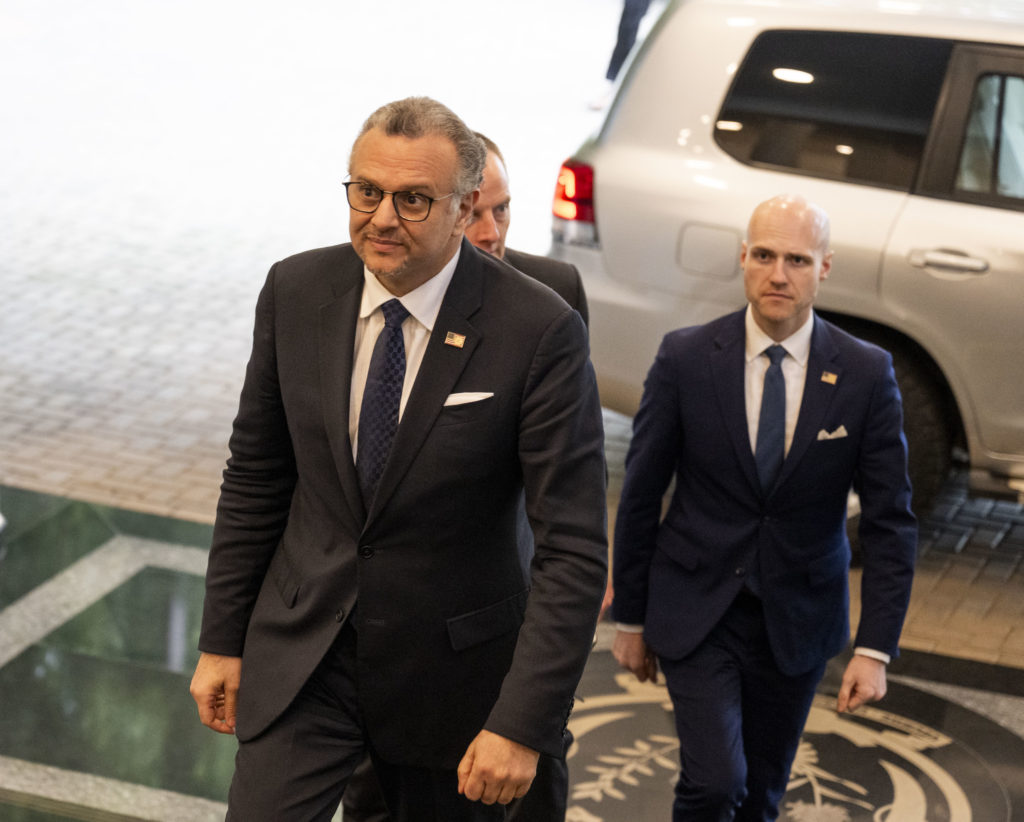Introduction
The United States is spearheading a diplomatic effort to broker peace between the Democratic Republic of Congo (DRC) and Rwanda, two African nations long embroiled in conflict over ethnic tensions and control of valuable natural resources. According to Reuters, the goal is to have both countries sign a peace accord at the White House within the next two months. This initiative, led by President Donald Trump’s senior Africa advisor Massad Boulos, is closely tied to bilateral mineral agreements that could unlock billions in Western investments.
Core Developments
The peace process is accompanied by strategic mineral pacts with both nations, focusing on the DRC’s vast reserves of cobalt, copper, tantalum, tin, and tungsten—resources critical to global technology and energy sectors. The DRC is the world’s largest cobalt producer and Africa’s leading copper supplier, while Rwanda also holds significant mining potential, as noted by Boulos in his Reuters interview. These deals are seen as a way to secure mineral supply chains for Western markets amid rising geopolitical competition.
The conflict between the DRC and Rwanda has deep roots, exacerbated by Rwanda’s alleged support for the M23 rebel group, which recently seized control of key mining areas in eastern Congo, including Walikale. As part of the mediation, both nations are expected to submit peace agreement drafts by Friday, with further discussions scheduled for mid-May involving US Secretary of State Marco Rubio and the foreign ministers of both countries. Key conditions for peace include Rwanda withdrawing troops and halting support for M23, while the DRC must address Rwandan concerns over militias like the Democratic Forces for the Liberation of Rwanda (FDLR).
A multinational oversight committee, comprising the US, Qatar, France, and Togo, is monitoring the process to ensure accountability and progress.
Analysis and Perspective
While the US initiative appears ambitious, it raises questions about the feasibility of achieving lasting peace in a region marked by decades of mistrust and violence. The intertwining of peace talks with mineral deals could be perceived as prioritizing economic interests over genuine conflict resolution, potentially alienating local stakeholders who may view this as exploitation rather than partnership. Furthermore, the reliance on Rwanda’s withdrawal of support for M23 and the DRC’s ability to control militias seems overly optimistic given historical failures to enforce such commitments. However, the involvement of a multinational oversight committee is a positive step toward transparency and could lend credibility to the process if executed effectively.
